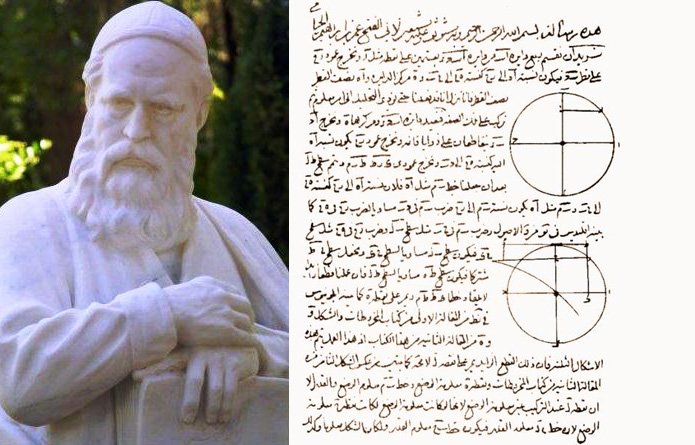
Omar Khayyam: The Polymath of Mathematics, Astronomy, and Poetry
Omar Khayyam (1048–1131 CE) was one of the most remarkable minds of the medieval Islamic world. A polymath who excelled in mathematics, astronomy, and poetry, Khayyam left an indelible mark on multiple disciplines, influencing generations of scholars and artists. His contributions to algebra and geometry laid the foundation for later mathematical developments, while his astronomical calculations led to the creation of one of the most accurate calendars of his time. Despite his scientific achievements, it was his poetry, particularly the Rubaiyat, that gained him widespread recognition in the Western world.
Early Life and Education
Born in Nishapur, in present-day Iran, Omar Khayyam received an extensive education in philosophy, science, and mathematics. Nishapur was a thriving intellectual center during the Seljuk Empire, allowing Khayyam access to some of the greatest teachers and scholars of the time. He was deeply influenced by the philosophical traditions of the Islamic Golden Age, including the works of Avicenna (Ibn Sina) and Al-Farabi.
Khayyam’s early studies in mathematics and astronomy quickly set him apart as a brilliant thinker. His ability to grasp complex mathematical concepts earned him patronage from influential rulers, granting him the resources to conduct groundbreaking research.
Contributions to Mathematics
One of Khayyam’s most significant contributions to mathematics was his work on algebra. In his treatise Treatise on Demonstration of Problems of Algebra, he classified and systematically solved cubic equations using geometric methods. This was a major advancement at a time when algebra was still in its formative stages. His approach to solving cubic equations prefigured ideas that would later be developed in Renaissance Europe.
Khayyam also contributed to the understanding of the parallel postulate in Euclidean geometry. He explored non-Euclidean geometry concepts centuries before they became a formal field of study. His insights into geometric algebra paved the way for later advancements in mathematics, influencing scholars such as Sharaf al-Din al-Tusi.

Advances in Astronomy and the Jalali Calendar
Khayyam’s expertise in astronomy was equally impressive. Under the patronage of Sultan Malik Shah I, he led a team of astronomers tasked with reforming the Persian calendar. Their efforts resulted in the Jalali calendar, which was far more accurate than the Julian calendar used in Europe at the time.
The Jalali calendar, introduced in 1079, was based on precise astronomical calculations and had an error margin of only one day in approximately 5,000 years. This level of accuracy surpassed the later Gregorian calendar reform of 1582. The calendar remains the basis for the modern Iranian calendar used today.
Legacy in Poetry: The Rubaiyat
Despite his immense contributions to science, Khayyam is perhaps best known for his poetry, particularly the Rubaiyat, a collection of quatrains (four-line verses). His poetry explores themes of fate, the nature of existence, the passage of time, and the pleasures of life.
Khayyam’s poetry remained relatively obscure in the Muslim world but gained worldwide recognition in the 19th century when Edward FitzGerald translated the Rubaiyat into English. FitzGerald’s translation introduced Khayyam’s philosophical and hedonistic reflections to the Western world, making him one of the most celebrated Persian poets in literary history.
Conclusion: A Timeless Legacy
Omar Khayyam’s legacy spans multiple fields, illustrating the depth and breadth of intellectual pursuits in the Islamic Golden Age. His mathematical theories influenced future generations, his astronomical work provided a highly accurate calendar system, and his poetry continues to inspire readers across cultures.
Khayyam exemplifies the power of interdisciplinary knowledge, bridging science and art in a way few historical figures have managed. His work remains relevant in modern mathematics, astronomy, and literature, ensuring that his name endures through the centuries as one of the great minds of human history.



